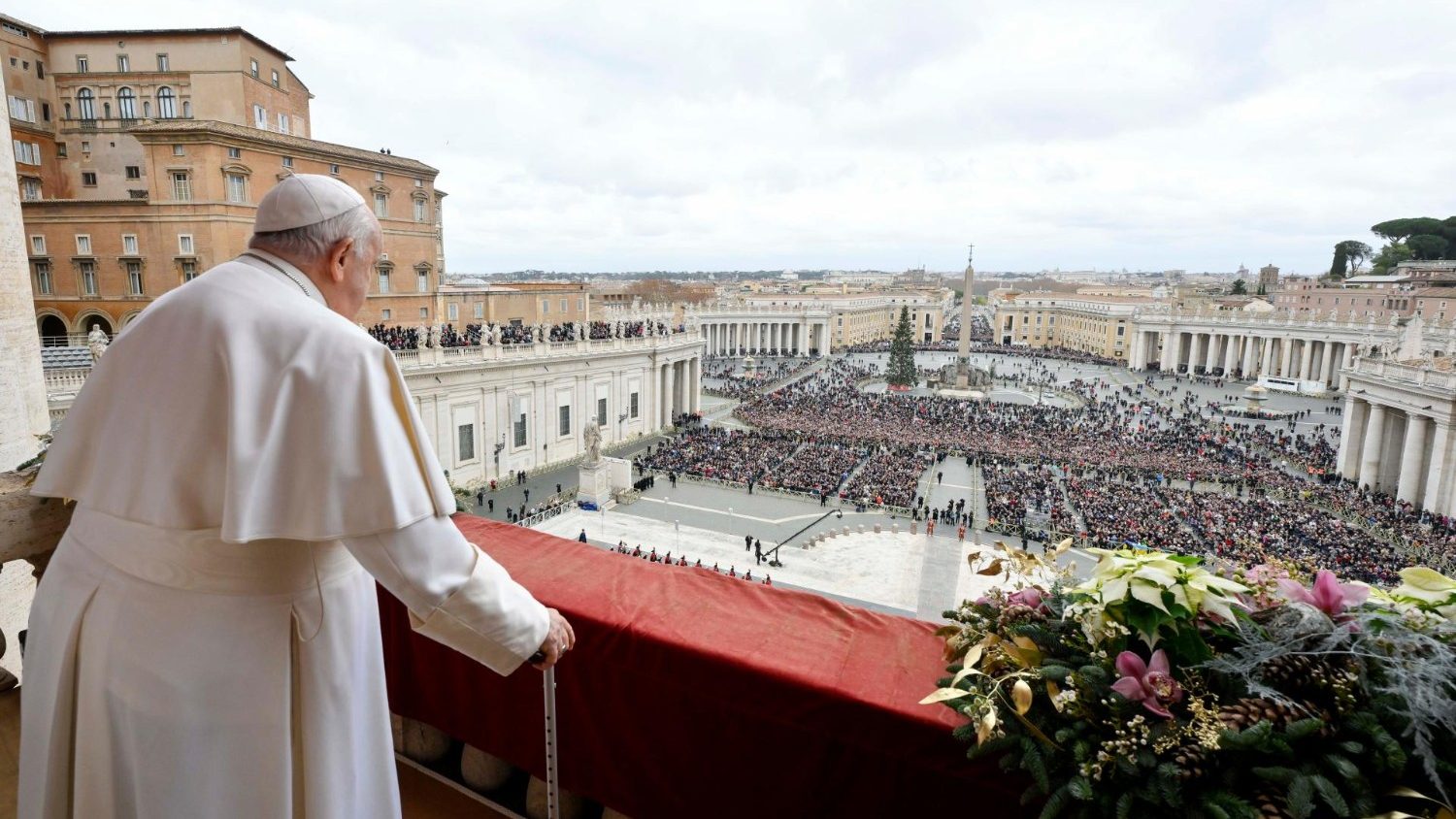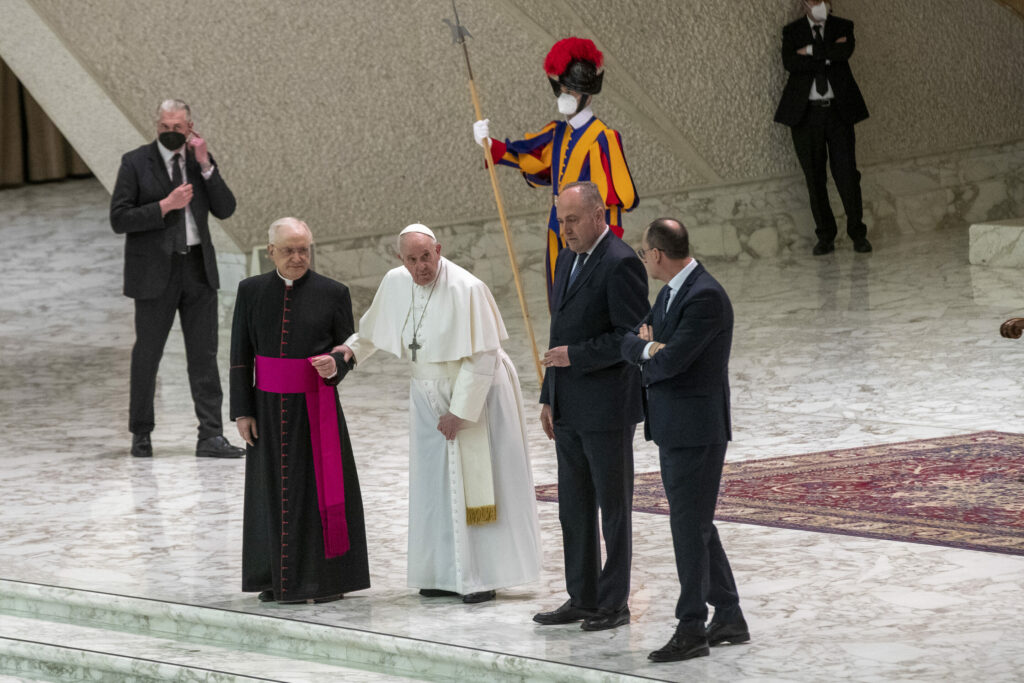Pope Francis will visit Belgium at the end of this month, marking the first papal tour of the country in almost 30 years. While security services have ample experience in preparing for important state visits, this one is out of the ordinary, calling for special measures.
Plans for the historic visit were first hinted at in December last year, with the Pope expressing his desire to travel to Belgium in recognition of the 600th anniversary of the Catholic University of Leuven. The exact dates – 26 to 29 September – were confirmed in May, when it was confirmed that he would visit Leuven, Brussels (including the iconic Basilique of Koekelberg) and Louvain-la-Neuve. The climax will be the Eucharist on Sunday at Brussels' King Baudouin Stadium.
The last time a pope visited the country was in 1995, when Pope John Paul II was in Belgium for two days, a visit that drew huge crowds. This time too, thousands of people are expected at the sites he visits to glimpse His Holiness. In preparation, special security measures will apply during the visit, outgoing Home Affairs Minister Annelies Verlinden (CD&V) has confirmed.
"Pope Francis' state visit is exceptional," she said. "Security forces expect a lot of curious people and visitors at all the places where the Pope will be present. A state visit of this magnitude requires appropriate preparation." This is especially true as he will visit open and publicly accessible spaces.
Ban on drones and large bags
As home to the European Union and NATO headquarters, Belgium regularly receives heads of state and government and has expertise in the required protocol.
The National Crisis Centre (NCCN), which coordinated visits by more than 1,500 personalities in 2023, is in charge of all security measures and has for months been meeting with all the services involved. It also met with the organisers of the Pope's visit and Vatican representatives, discussing any possible obstacles or challenges, and his own personal risks.
Tailor-made measures have taken into account analyses by the Coordination Body for Threat Assessment (OCAD). Local police zones and Federal Police departments implement the measures on the ground.

The Pope still draws big crowds. Credit: Vatican News
For security reasons, few details are being disclosed of the operations that security services will carry out. It is unclear how many police officers, security guards and other security personnel will be deployed. However, a ban will be imposed on sharp objects, backpacks, large bags and flags in places the Pope visits. The use of drones is also prohibited.
"This obviously goes far beyond just the Pope's personal safety," Verlinden noted. "The safety of spectators is also a priority, as is smooth mobility, additional use of public transport, clearly informing visitors and local residents and adequate medical assistance."
These extra security measures come at a cost, largely covered by the Bishops' Conference of Belgium, but also partly financed by the Federal Government, which covers the cost of receiving the pope and keeping him safe. The measures taken when he visits the university campuses will be paid for by the universities themselves.

